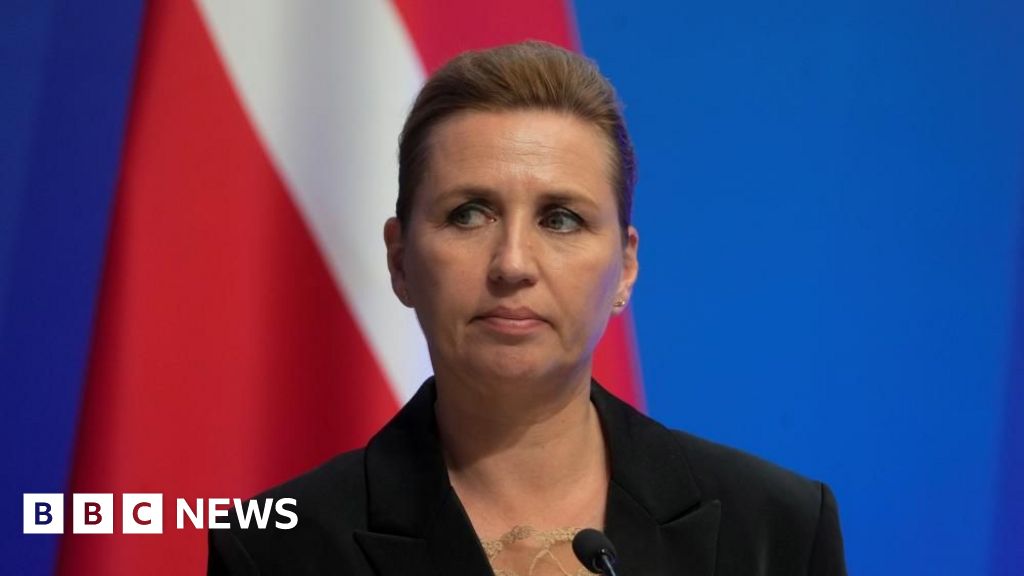The US military has announced the dismissal of Colonel Susannah Meyers from her position as the commanding officer at Pituffik Space Base in Greenland. This decision comes in the wake of her controversial email that distanced her from comments made by Vice-President JD Vance during a recent visit to the Arctic island. In his remarks, Vance criticized Denmark, the administering power of Greenland, for not contributing adequately to regional security, asserting that the country has "not done a good job" for local citizens.
Meyers' email, which surfaced on a military news platform, stated that Vance's observations were "not reflective" of the sentiments shared at the base. This communication reportedly led to a "loss of confidence in her ability to lead," as articulated by the US military's Space Operations Command. The Pentagon confirmed Meyers' removal, with spokesperson Sean Parnell reiterating the expectation of strict adherence to command protocols and nonpartisan conduct among military leaders.
The backlash from Meyers' email underscores tensions between the US and Denmark, particularly regarding Vance's reaffirmation of former President Donald Trump's controversial ambitions concerning the potential annexation of Greenland. In response, both Denmark and Greenland solidified their positions against any notion of annexation during Prime Minister Mette Frederiksen’s diplomatic visit, asserting the longstanding ties of Greenland under Danish sovereignty for nearly three centuries.
Current sentiments among the Greenlandic populace lean toward independence from Denmark, as polls indicate a desire for self-determination, distinct from aligning with the United States. While Greenland has maintained the right to a referendum on independence since 2009, recent momentum among political factions suggests a renewed push to address this crucial issue, potentially altering the future dynamics of international relations in the Arctic region.





















